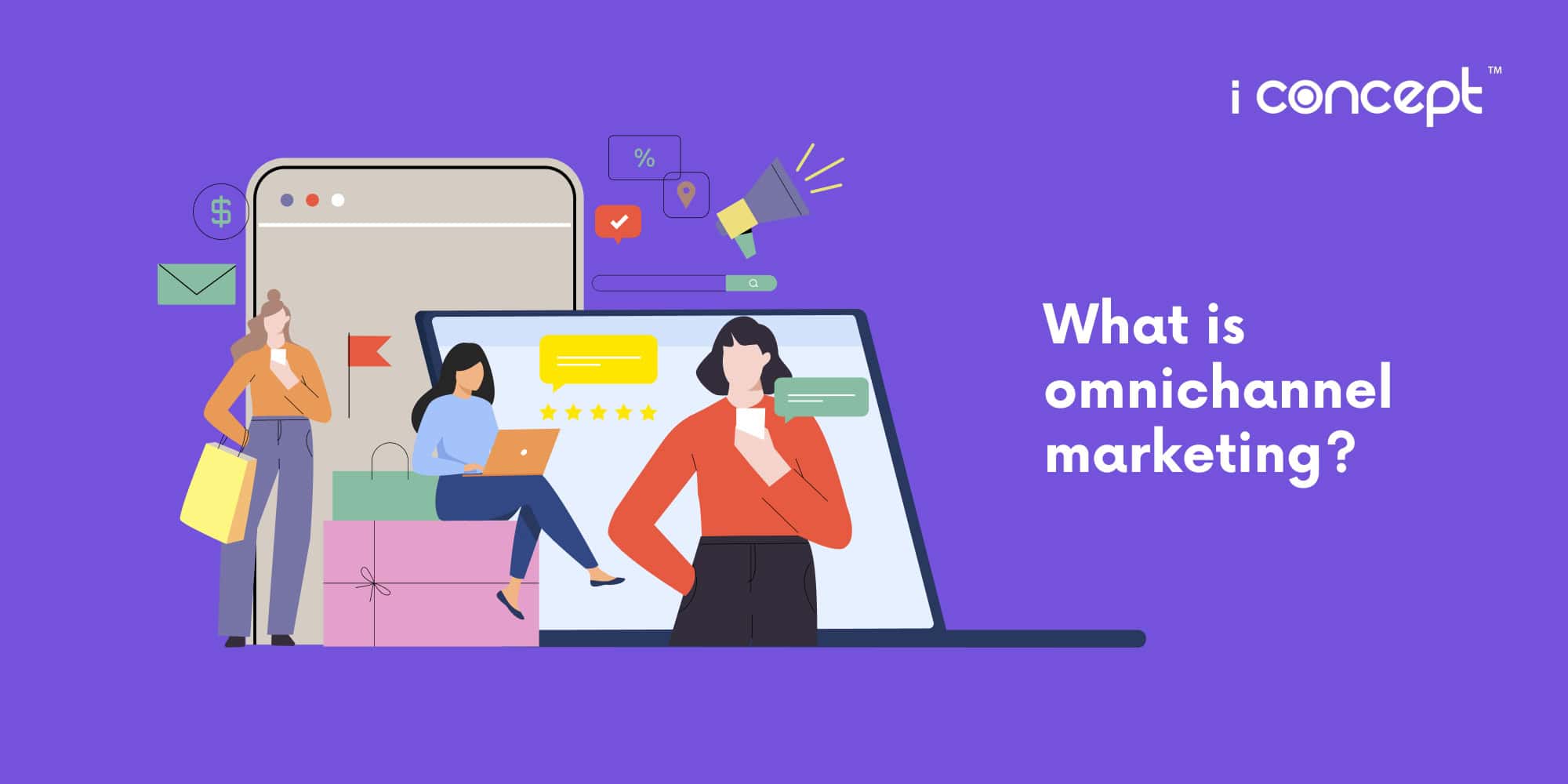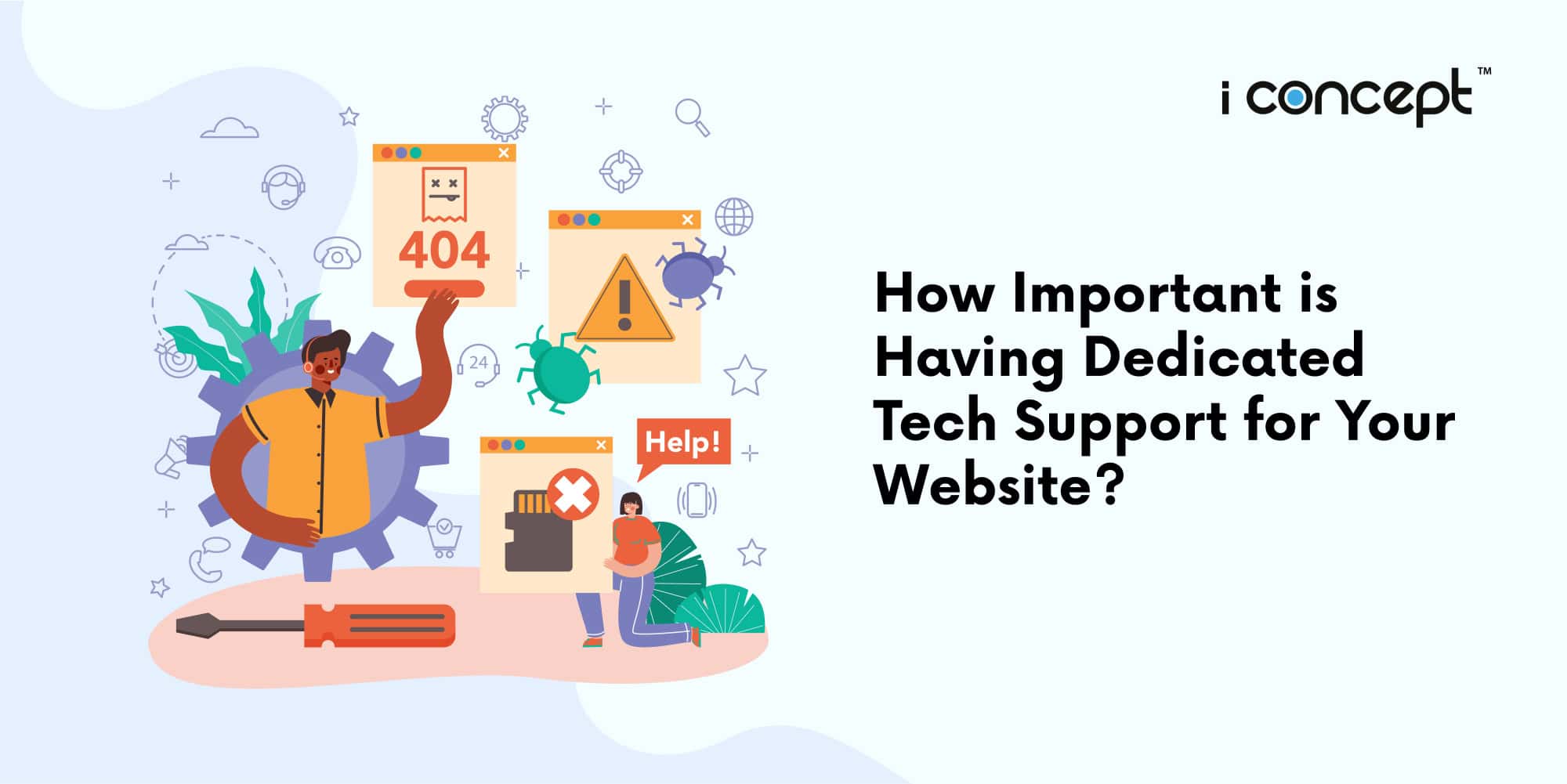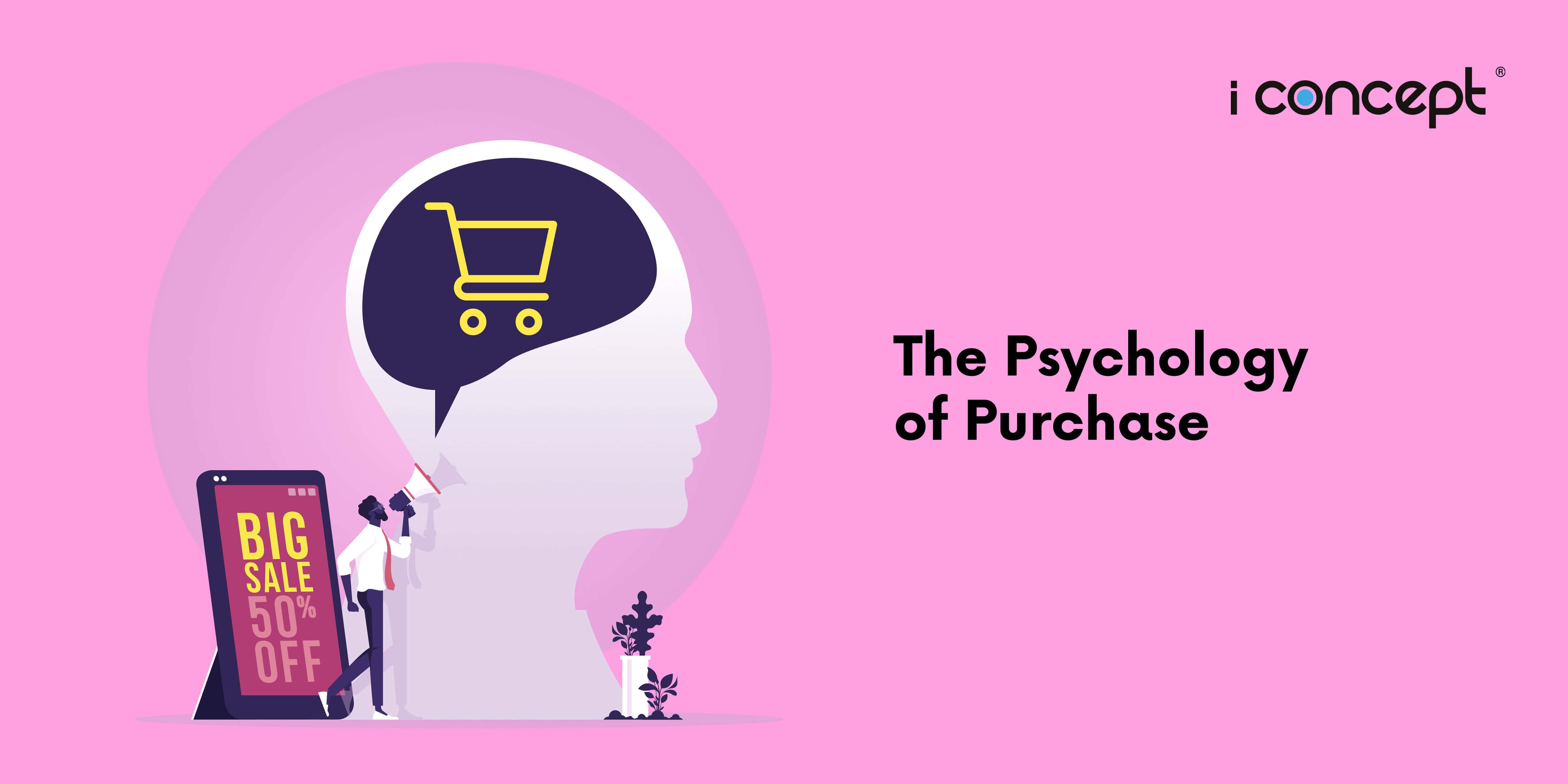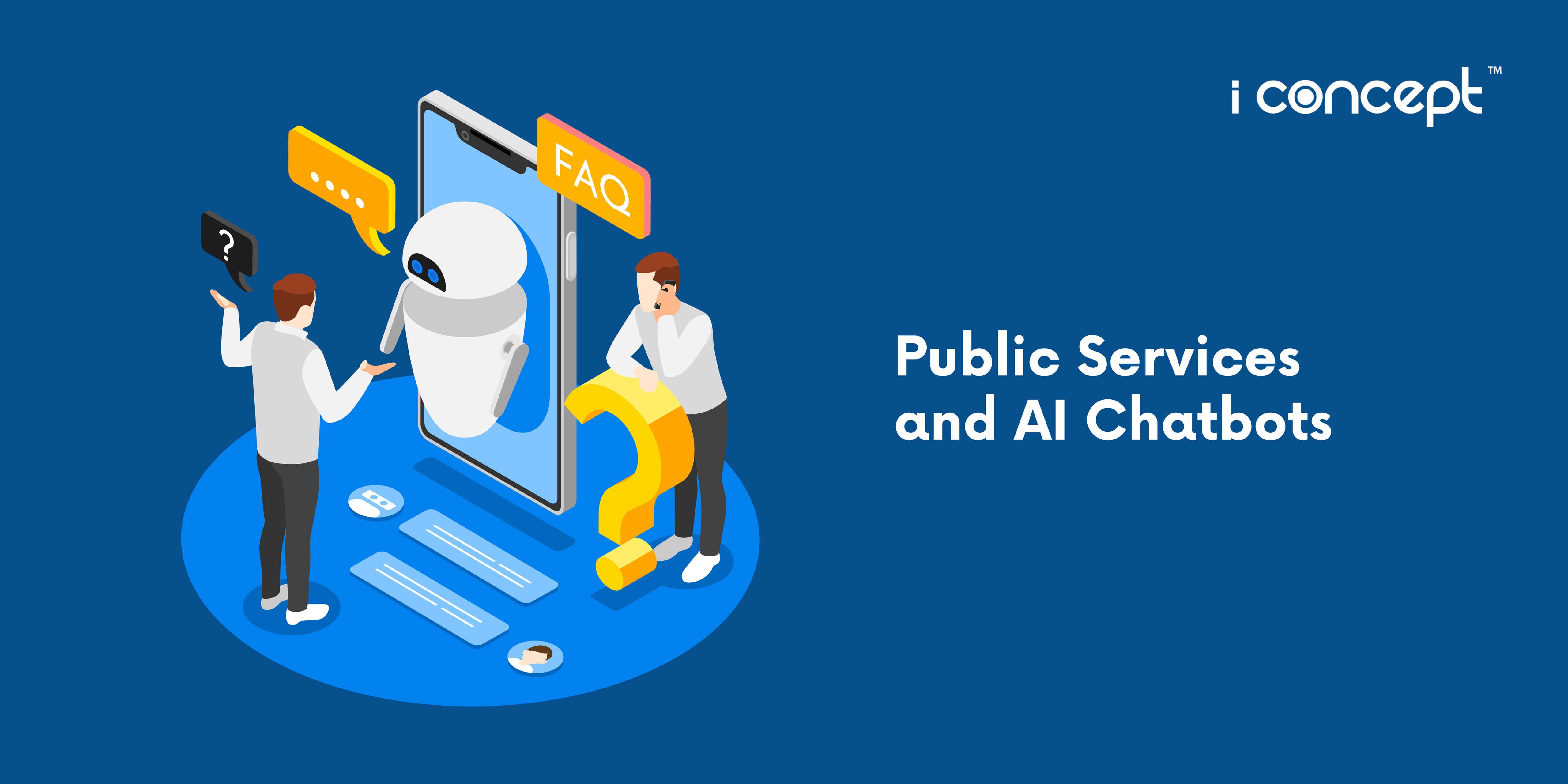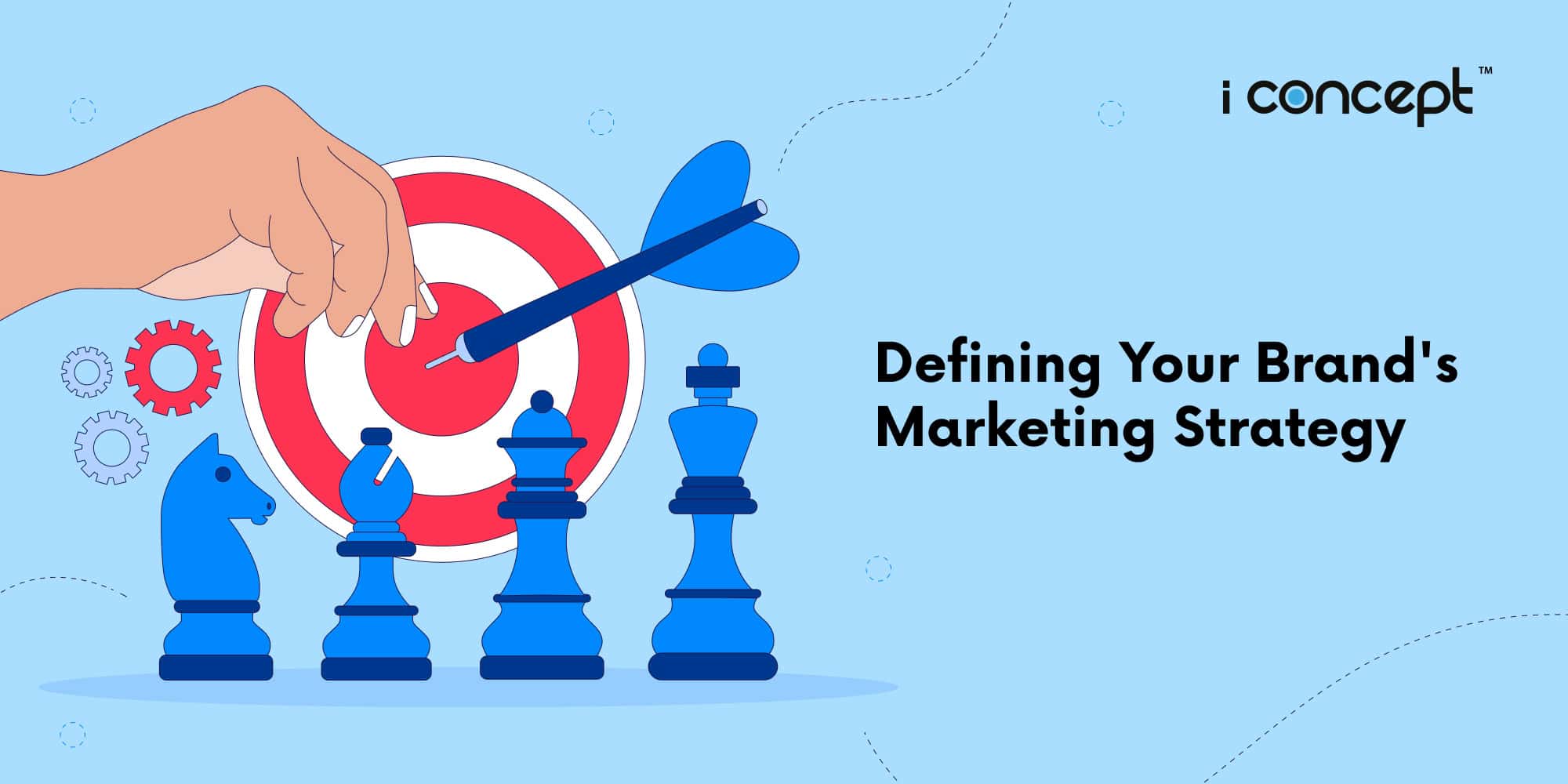We all know that the shopper journey today is impossible to predict. The rise of omnichannel retailers have built strategies that will reach shoppers wherever they are, creating a memorable and seamless experience at every touchpoint.
With the path to making a purchase often zigzagging across multiple channels and devices, from desktop to smartphones and tablets, eCommerce sites to mobile apps and even brick-and-mortar stores, marketers are being forced to question the differences when it comes to cross-channel sales and marketing. What exactly is omnichannel marketing, and how is it different from multichannel marketing that we have slowly grown used to?
Omnichannel marketing vs. Multichannel marketing: The key differences
Omnichannel marketing focuses on delivering a consistent, personalised experience for shoppers across all channels and devices. The guiding principle of omnichannel marketing is that it’s shopper-based, not channel-based.
The main goal of omnichannel marketing is to make the shopper experience as easy and convenient as possible, and that means consistent engagement no matter where or how a shopper is interacting with you and your brand.
Multichannel marketing spans several different channels, like social, mobile, direct mail, and a physical location. Every channel is separate and independent from the others and works in a vacuum, each with its own strategy and goals. While good social media management is key, you also need to prioritise search engine optimisation (SEO) and search engine marketing, to allow your brand to be seen and found.
That is not to say that either tactical marketing approach is a notch above the other. No single marketing strategy is a one-size fits all, and it is best to discuss with a digital marketing consultant to evaluate which might be more suitable to the size and type of business your brand runs.
Omnichannel marketing examples
It is highly likely that you have already encountered an omnichannel marketing and shopping process recently. Still unsure and scratching your head over how it is distinctly different? Here are a few simple omnichannel marketing examples that might help you clear the confusion:
- A customer receives an SMS message about a promotion while shopping in store
- A promotional email alerts recipients to check their mailbox for a physical postcard with discount coupons
- A shopper is retargetted on Facebook with the product they abandoned in their online shopping cart.
Sounds familiar? All these are instances where we (the consumers) feel that the brands we love are always around us, reminding us about their presence. This is omnichannel marketing, tying our daily lives with our shopping habits with simple nudges.
Why do you need omnichannel marketing?
In a recent major study about retail shopping trends, some 46,000 shoppers in the US were interviewed, and the following was revealed:
- 7% of customers were only-online shoppers
- 20% of them were store-only shoppers
- 73% used multiple channels throughout their shopping journey
The study further showed that the more channels the customers used, the more valuable they proved to be to the retailers. For example, the study found that the customers who used more than four channels spent 9% more in the store than the ones who used only a single channel.
The writing was clear on the wall, that omnichannel customer experience was no longer an option. The retailers had to rethink their customer journeys and find new ways to acquire, engage, and retain customers through positive experiences across multiple touchpoints.
With new marketing channels emerging, it’s time that retailers shift their focus from traditional marketing to omnichannel marketing strategies.
How to create a perfect omnichannel experience?
To create a perfect omnichannel experience, begin with understanding your customer deeply (probably more than their best friend).
Starbucks, for example, understood the pain point of the customer, i.e., their unwillingness to stand in a queue even if they are tempted to grab a cup of coffee, and used it to create an effective omnichannel experience. Understanding your customer deeply would mean closely observing the kind of platforms your customers frequently use to shop, their purchasing behaviour, the challenges they face while shopping, how they interact with the brand across each touchpoint, and the devices they use to shop. This data will help you to identify the right touchpoints and focus on strengthening them and connecting them to make it a seamless and tailor-made experience for your customers. It will also help you to identify the common issues that customers face and create a viable solution for them.
In addition, note the following to build and create an optimal and positive omnichannel experience for your customers:
- Consistent messaging: Right from the beginning, you need to personalise your marketing content at every stage of the customer lifecycle and to always ensure that the messaging is consistent. Have a good digital copywriter in your team to ensure good, consistent messaging.
- Consistent experience: If you want to improve the customer lifetime value (LTV), you must focus on delivering a consistent experience across different touchpoints. Ensure that your staff is well-trained to provide such experience because different customers will interact in different ways with your brand, and there is no one way to do it.
- Continuity in communication: Ensure that there is continuity in communication across all the channels, so people are guided throughout the buyer’s journey.
- Data-driven marketing: Personalisation is the key to successful omnichannel marketing. Use data-driven marketing to understand your customers, so you can engage with them in the right way by using the right channels.
Invest in your digital marketing strategies right
Looking to explore omnichannel marketing, or think that multichannel marketing is preferred for your brand? Not too sure which digital marketing strategy fits your business better? It is perhaps wise to consult with I Concept, your choice digital agency.
Our team of brand guardians and digital marketing consultants can walk you through the different approaches and build a strategy that best fits your current business model. From developing (and renewing) brand identity, through to integrated omnichannel marketing, our team of designers, creative strategists and programmers can offer you the right advice.
Feel free to ask us anything and everything about digital marketing.
